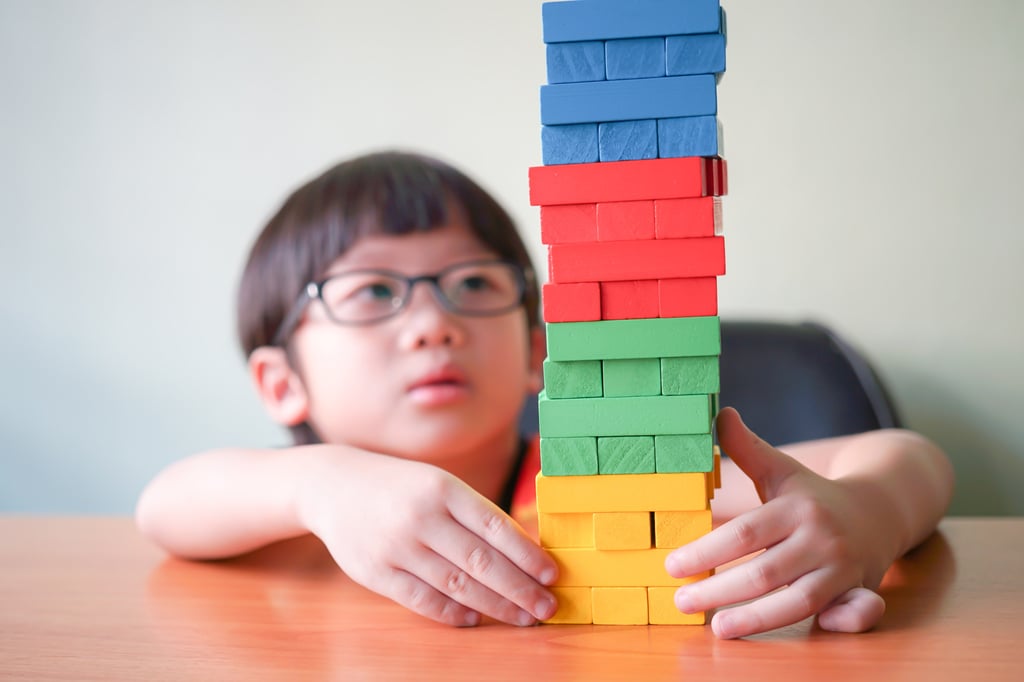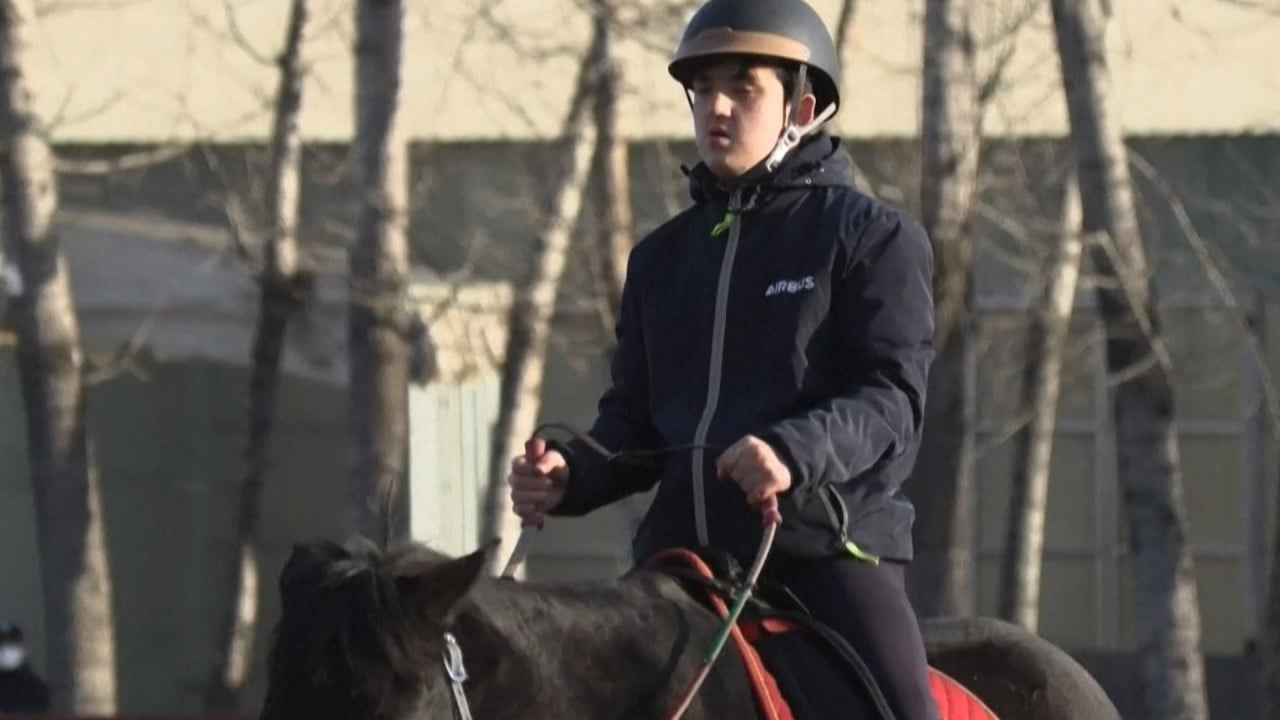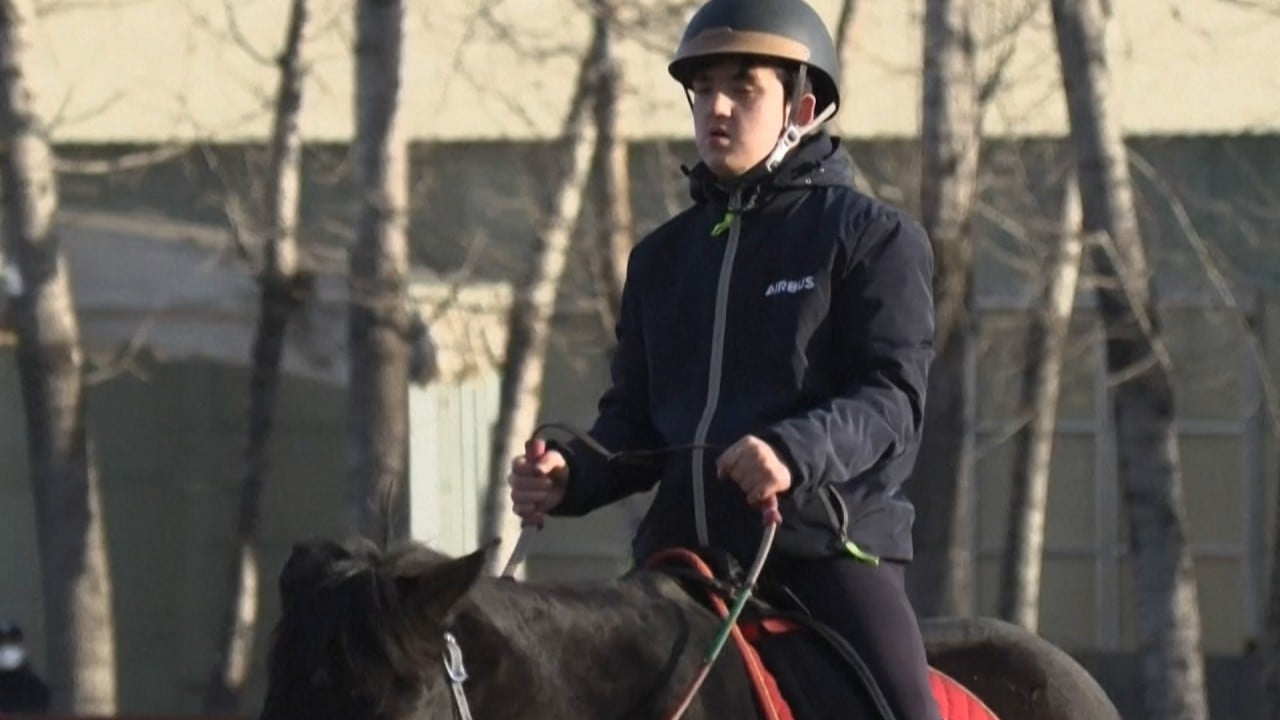China has launched a five-year action plan to strengthen care services for children with autism and solve the “urgent, difficult and anxious” problems faced by their families when seeking support.
The Autism Children Care Promotion Action plan was jointly released by the China Disabled Persons’ Federation, the Ministry of Education, and top public health bodies, with a pledge to increase rehabilitation services.
According to the notice announcing the plan, some regions and departments have achieved “remarkable results” in recent years to improve screening and diagnosis, as well as rehabilitation and education levels, but there were still “outstanding difficulties and problems”.
Over the next five years, the plan aims to further strengthen services to promote healthy growth and all-round development of children with autism, the notice said. “We will strengthen overall planning, coordination and linkage, and resource integration,” it said.
About one in 100 children has one or more of the diverse group of conditions that constitutes autism spectrum disorder, according to the World Health Organization.
More than 10 million people in China – 0.7 per cent of the population – are estimated to have the condition, according to a report released by Wucailu Centre for Children with Autism in March.
Of those, an estimated 3-5 million are children under the age of 14, with about 160,000 new cases each year, said Wucailu, one of China’s largest autism research and intervention centres.
The action plan’s first key task is to improve rehabilitation services based on local needs, followed by improved training for personnel working with autistic children. The plan also calls for an integrated education and rehabilitation programme.
Under the plan, provincial capitals and large cities will be encouraged to build special education schools. Teaching assistants will also be able to accompany autistic children in classrooms to support their integration into school life.
The number of schools for children with special needs in China has risen in recent years, from 1,76 in 2010 to 2,314 in 2022. Full-time teachers in special needs education have also been on an upwards trend, from 40,000 in 2010 to 72,700 in 2022, according to official data.
In a paper published in June last year, Tang Zhaoyun, professor in public policy and social security at Huaqiao University, noted that the vast majority of autistic children miss “the best intervention opportunity” at an early age.
But there was still a large gap between the number of teachers and special needs children, especially those with autism, he said.
“Currently, there are less than 70 institutions in China offering majors in special education, and there is no major focusing on special education for autistic children, which makes teachers fully understand autism even less.”
Another challenge for autistic children in China is that many parents are reluctant to admit that their child may have the condition, according to junior school teacher Liang Huiming in Guangzhou, provincial capital of Guangdong in southern China.
“When I teach in regular school, I have noticed some students show typical symptoms of autism. Even if I advised parents for physical checks, usually they wouldn’t take the issue seriously,” said Liang, who also runs art classes for children with special needs.
Jasmine Peng, whose 13-year-old son has Asperger’s syndrome – an autism subtype – said she faced strong opposition from her family when she decided to seek a medical diagnosis.
Peng realised there was something different about her son when he was two, but her family described her concerns as “complete nonsense”, she said. After his diagnosis, Peng’s relatives did not believe the boy needed special help.

According to Peng, the family was optimistic that her son would grow up with special abilities – in line with another prevalent stereotype in China, that people with autism have high intellectual gifts.
In fact, while some people with autism can live independently, others have severe disabilities and require lifelong care and support, the WHO says.
The action plan includes a commitment for national themed campaigns each April for World Autism Awareness Day, in a bid to overcome some of the misconceptions and encourage them to seek out early screening, diagnosis and intervention.
Parents are also concerned about how their autistic children integrate into society and whether they can look forward to meaningful employment when they grow up.
The action plan addresses these concerns with support for schools to offer majors in subjects that are adapted to the learning characteristics of autistic students and the needs of the market, laying the foundation for future employment.
Peng is optimistic for her son’s future. “There are many companies now hiring autistic employees, such as baristas,” she said. “This is already an improvement in society.”



